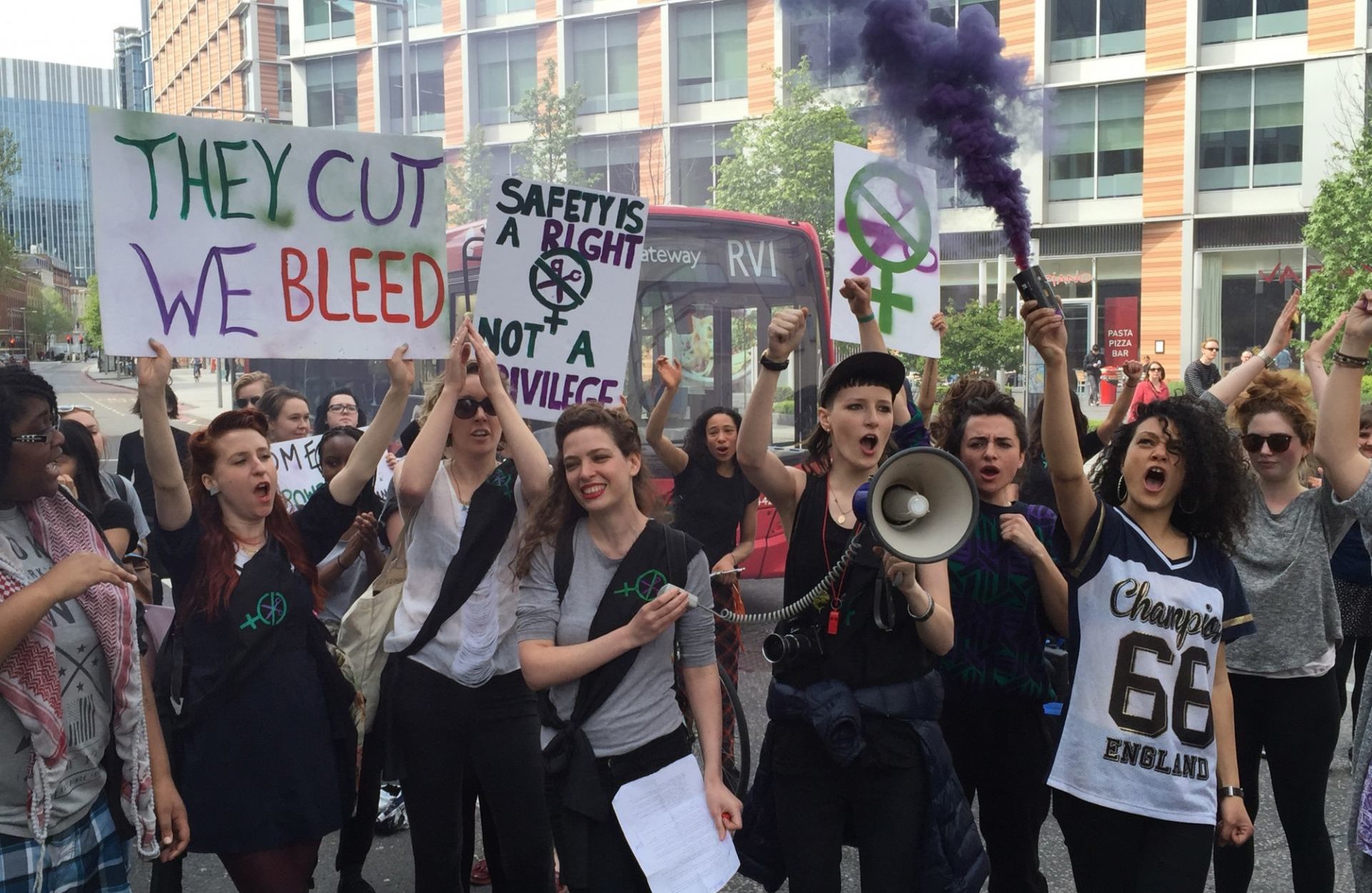This week Lacuna considers the gap between public policy and peoples’ lived experiences. We thought it timely as David Cameron and George Osborne prepare to reveal where the axe will fall over the next five years.
We start with a three-part series on housing, first published by the Shine A Light project at openDemocracy, which look in detail at why so many poor people are evicted from social housing. They tell the story of people like Simon*, a 51-year-old builder priced out of London, the city where he grew up and where his children and grandchildren still live and where his parents lived all their lives. He did not vote in the general election last month. Politics is nothing to do with me, he said.
Yet during the election campaign the main parties said repeatedly in soundbites and pledges that it was in fact all about people like Simon. Often described in the national press as ‘the white working-class’ or ‘ordinary people’ ‘concerned about immigration’. Both Labour and the Conservatives wanted Simon’s vote and both promised to look after his interests. A hardworking person who just wanted to get on. But labels and soundbites mean little for Simon.
In another part of London lives Sirah*, a 50-something mother of three whose rent arrears are now about £2,000. Two years ago, scraping a living on sporadic care work and welfare benefits, she decided to go back to university. Perhaps with a qualification she could find better work and earn more for herself and three children. She bitterly regrets this decision. The family live on the wages of her eldest son, which come to about £1,000 a month, and her student loans. It’s not enough to get by. Recently her son lost his job. It’s likely they’ll be evicted from their home this month.
Both Simon and Sirah get by with help from family and friends, oblivious to and ignored by ‘politics’. But in the last five years and since the financial crash in 2008, they have most keenly felt the pinch of low wage jobs, public sector spending cuts, rising rents and welfare reform.
Sisters Uncut, an all-women protest group, was created in response to this discontent, between policy makers and the lives of the people they impact. Sisters Uncut argues that the austerity policies are gendered and it is the most vulnerable women, in particular domestic violence survivors, hurt most. Lacuna reports from the groups’ first two protests, with words and images by Khadra Aden. The images capture the spirit and strength of solidarity present in many of the anti-austerity campaigns that have sprung up in recent years.
We look again at foodbanks, another issue where political soundbites dominate public discussion leaving the truth of growing hunger in Britain unexplored. In this engaging article, James Harrison reminds us of David Cameron’s refusal to properly confront the foodbank issue during the election campaign. He also questions the lack of serious reflection about how and why emergency food aid has exploded across the UK, and highlights the dangers that foodbank numbers may grow and grow in post-election Britain. He also identifies some potential solutions. But, will our newly-elected politicians listen? And do we have the collective energy to hold them to account if they do not?
